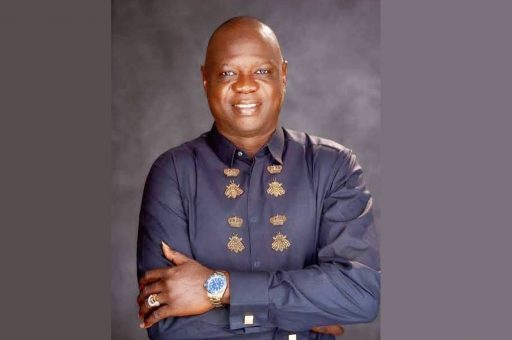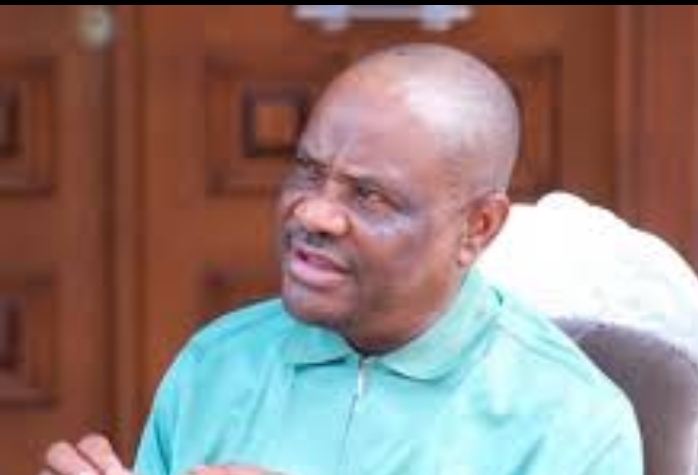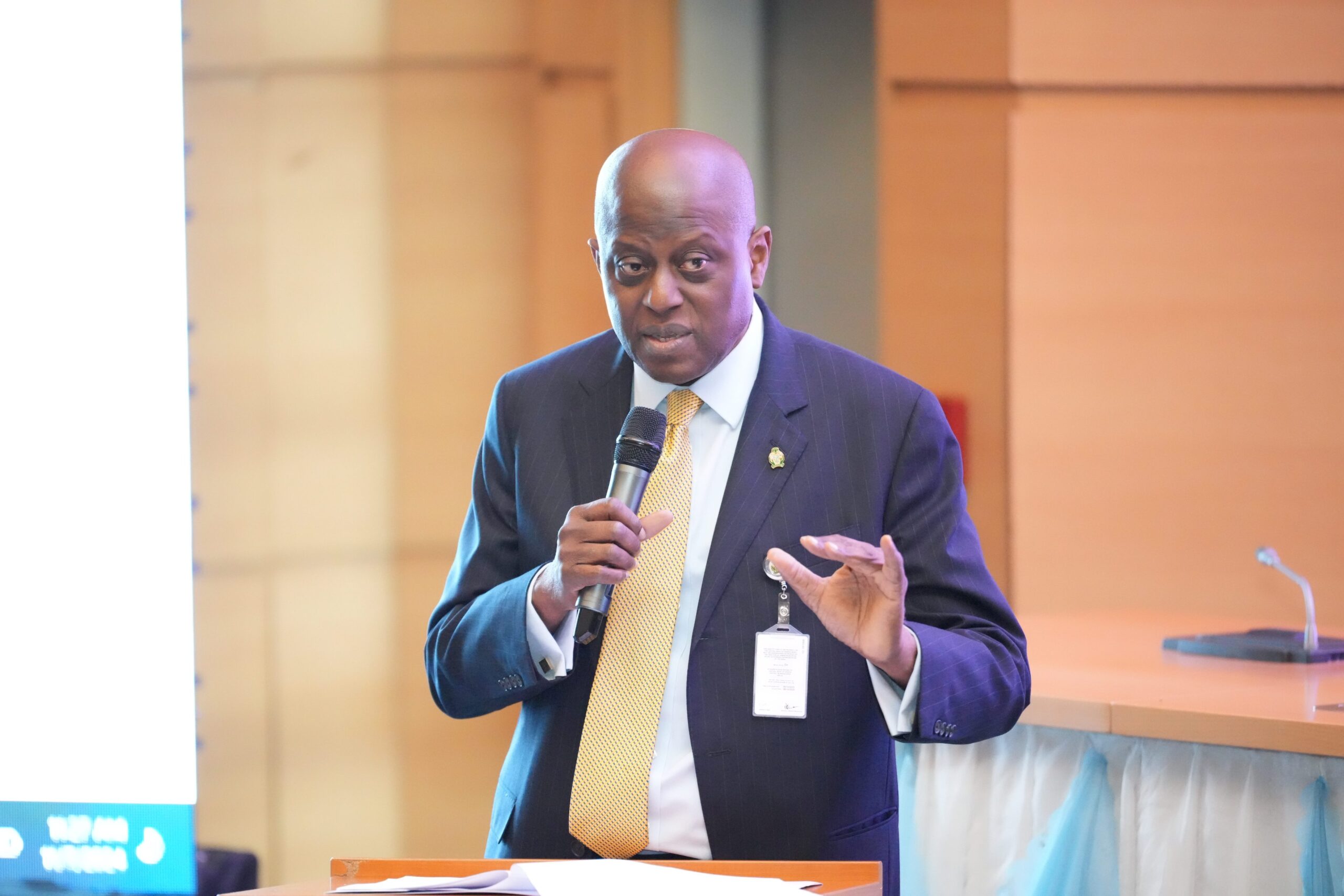
The United Nations Educational, Scientific and Cultural Organisation (UNESCO) has declared that the 2030 benchmark for African countries and others to achieve Sustainable Development Goal 4 (SDG 4) of inclusive, equitable, quality education and lifelong learning opportunities is no longer realistic.
Subsequently, the organisation lamented that millions of children in Sub-Saharan Africa would continue to miss out on school and high-quality learning.
The verdict was contained in a new report released by UNESCO’s Institute for Statistics and the Global Education Monitoring Report (GEM), in commemoration of the World Education Day, yesterday.
The report, titled: “National SDG 4 benchmarks: Fulfilling our commitments,” compiled findings from the culmination of a two-year global process convened by UNESCO.
Participating countries identified their targets for 2025 and 2030 relative to six key SDG 4 indicators on: early childhood education attendance; school attendance; completion; minimum proficiency in reading and Mathematics; trained teachers and public education expenditure.
The commitment made was to accelerate progress between now and the deadline relative to the performances nations achieved from 2000 to 2015. Findings showed that even if countries reach their benchmarks, the world would still fall short of the ambition set out in SDG 4. This is even before taking into account the potential consequences of COVID-19 on education development.
Director, UNESCO Institute for Statistics, Silvia Montoya, while commenting on the report stated: “It is a real step forward that some two-thirds of countries are realistically assessing their chances of achieving SDG 4 goals. It is critical that nations hold themselves accountable for their commitments for their children. However, almost halfway to our deadline, the process has shown that, even by their own assessment, most countries, including Nigeria, are not expected to get close to the 2030 goal.”
The report indicated that Latin America, Caribbean, Central and Southern Asia are on course to achieving universal early childhood education.
Conversely, the document said Sub-Saharan Africa, North Africa and Western Asia would not achieve the goal, where it is estimated that roughly two in three children will be enrolled in early childhood education by 2030 (up from less than half currently).
According to the report, challenges will remain in Sub-Saharan Africa were eight per cent of children of primary school age are still predicted to be out of school by 2030, down from the current 19 per cent.
Director of GEM Report, Manos Antoninis, noted that the nationally determined targets did not take into account the possible impact of COVID-19 on education, which has significantly slowed down and rolled back progress on education.
Antoninis also expressed concern that some countries do not have plans with targets, adding, “so, there is still work to do before a fully realistic picture of where we aim to be by 2030 is available.”
SIMILARLY, the Legal Defence and Assistance Project (LEDAP), yesterday, urged the current administration to implement the right to universal free basic education for every Nigerian child, particularly the girl child.
The body also charged the government to ensure effective implementation of the Universal Basic Education (UBE) Act and increase budgetary allocation for education.
LEDAP, in a statement issued by its Programmes Manager, Pamela Okoroigwe, said the theme for the 2022 International Day for Education, ‘Changing Course, Transforming Education,’ calls for nurturing of the fundamental rights of every individual, most especially the right to education, with emphasis on the role of education in peace and development.





